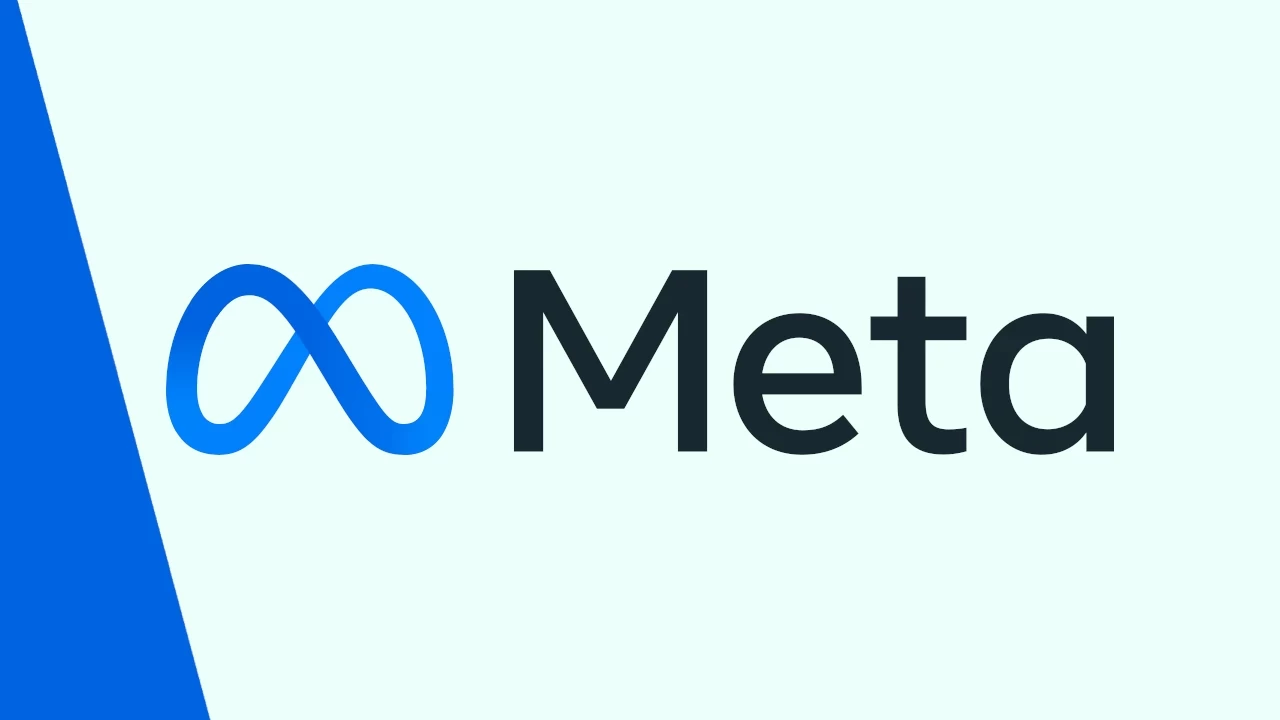Meta, the parent company of Facebook and Instagram, faces serious allegations regarding the suppression of research findings that suggest users experience improved mental health after taking a week-long break from its social media platforms. This revelation has sparked renewed scrutiny over the company’s practices and the potential impact of its platforms on users’ well-being.
According to a report by the *Wall Street Journal*, internal research conducted by Meta in January 2023 indicated that individuals who disconnected from social media for seven days reported significant improvements in their mental health. The findings, which emerged from a study involving participants from the University of Pennsylvania, suggested that reduced social media usage led to lower levels of anxiety and depression.
Meta’s alleged decision to withhold these findings raises critical questions about the company’s transparency and responsibility towards its users. The report claims that employees within the company were discouraged from sharing the results, which could have provided valuable insights into the effects of social media on mental health.
Concerns Over Company Practices
The allegations come at a time when mental health issues among social media users are gaining increased attention. Critics have long argued that platforms like Facebook and Instagram can contribute to feelings of inadequacy, anxiety, and depression. The findings from the research purportedly align with these concerns, suggesting that a break from these platforms could offer significant mental health benefits.
In light of this situation, several mental health advocates and researchers are calling for greater accountability from Meta. They argue that the company should prioritize user well-being over engagement metrics. Dr. Jonathan Haidt, a social psychologist and professor at New York University, emphasized the importance of making such research findings public. He stated, “Transparency about the effects of social media is essential for informed decision-making by users.”
In addition to these mental health allegations, Meta is also facing scrutiny over its data privacy practices and the dissemination of misinformation on its platforms. The convergence of these issues has led to growing calls for regulatory oversight of social media companies, particularly regarding their impact on mental health.
Implications for Users and Regulators
The implications of Meta’s alleged actions are vast. If confirmed, the concealment of research findings could lead to regulatory responses aimed at increasing transparency in the tech industry. Legislators in various countries are already discussing measures that would require companies to disclose research related to user safety and mental health, potentially reshaping how social media operates.
As discussions continue, users are left to navigate the complexities of social media and its effects on their mental health. The findings from the research, if made public, could serve as a wake-up call for many to reconsider their social media habits.
Meta has not publicly addressed the allegations regarding the suppression of the research findings. As the situation develops, stakeholders from various sectors—including mental health professionals, users, and regulators—will be watching closely to see how the company responds to these serious claims.
The ongoing debate around social media and mental health will likely remain at the forefront of public discourse, as society grapples with the balance between connectivity and well-being.







